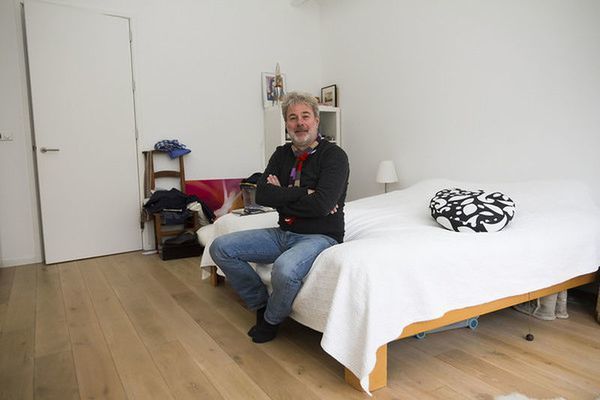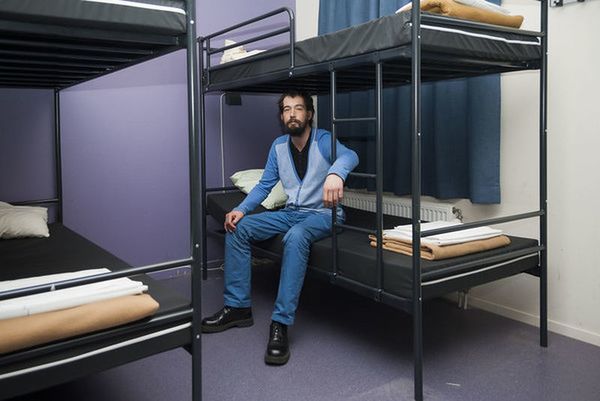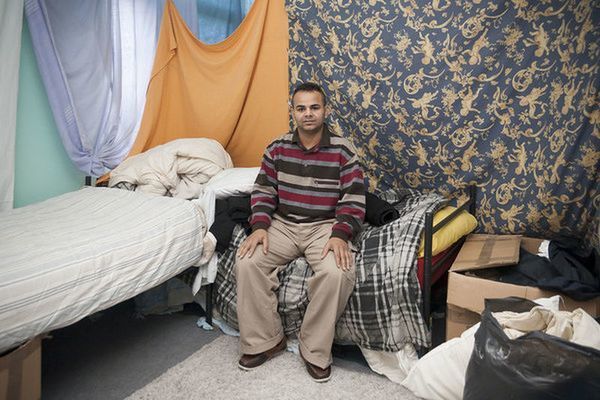This is my border, this is my space
This is my border this is my space Authors: Liza Koch and Lou Muuse
This project of visualising the territorial behaviour from the front yard to the bunk bed is connected to a contextual relation between the persons, their space and financial resources. The lower the financial resources are, the less space you have. This is a very clear and predictable research in my mind, because money stands equil to the amount of space m2. The more money you have, the more space you can buy. But besides this it is interesting that they analysed the behaviour of people with different resources in the amount of living space, privacy in bath and bedroom, what the terms of intimacy are and how people are fond of their privacy.
The strong part of this exploration is the need of privacy. It is universal yet individually diverse. They go deeper into this subject by looking at the sexual meaning of the bath and bedroom and the privacy we want. In contradiction to the toilet and bathroom, the bedroom has never changed in terms of intimacy. The sexual meaning has always been the same and therefore this space is always shielded, visible or invisible. What is really strong of their photo’s is that you really see the Cultural Diversion of the persons. The man with an eastern origin hangs up hes cloths with eastern patterns, while the dutch people just use their curtain to obscure the view.
What is interesting in this research is the interior and the space a bedroom is for each individual. As they said: ‘’Every door is an opening to a different space’’. That’s a striking subject of how this space will look and what is de influence of the financial resources they have on their interior.
For me personal this project has of the lack of depth and story behind it that is missing, because they could have taken this subject in a wider perspective. But the intriguing part is that every persons room is transformative to another. You don’t know what to expect and that makes it interesting. What could be nice to research if they had been looking for connections in personallity and taste, if you see the person that is described is linked to a specific room, or that it is completley different. Could be a little twist to connect the style of clothing to a certain space.
This research project to me is has an oppurtunity to work with, because I can use this idea in a different way that it would be more fashion related for me. To analyse people from diverse financial resources and homes on how much they spend on clothes, the amount of clothes, are they designer clothes or from cheap confection brands and how much of each piece of clothing, why this brand, why so much or so less. How does it make you feel and what attracts you to buy this. Is it the amount of money you have left, or don’t? Could also be interesting to have an interview with a hoarder. It is so bright and gives also a clear view on the emotional and economical side of why we are buying products, that makes this project inspiring enough to start my own project.
The threat that I see in this project is the difference that we as people have in our space. What a specific amount of money can do with either space and the numbers of rooms (doors). This gives a clear view of the emotional bond a person has with his space when it has a low and a high financial resource. If you have a room then you have your own special border, what means that you have your own privacy.


